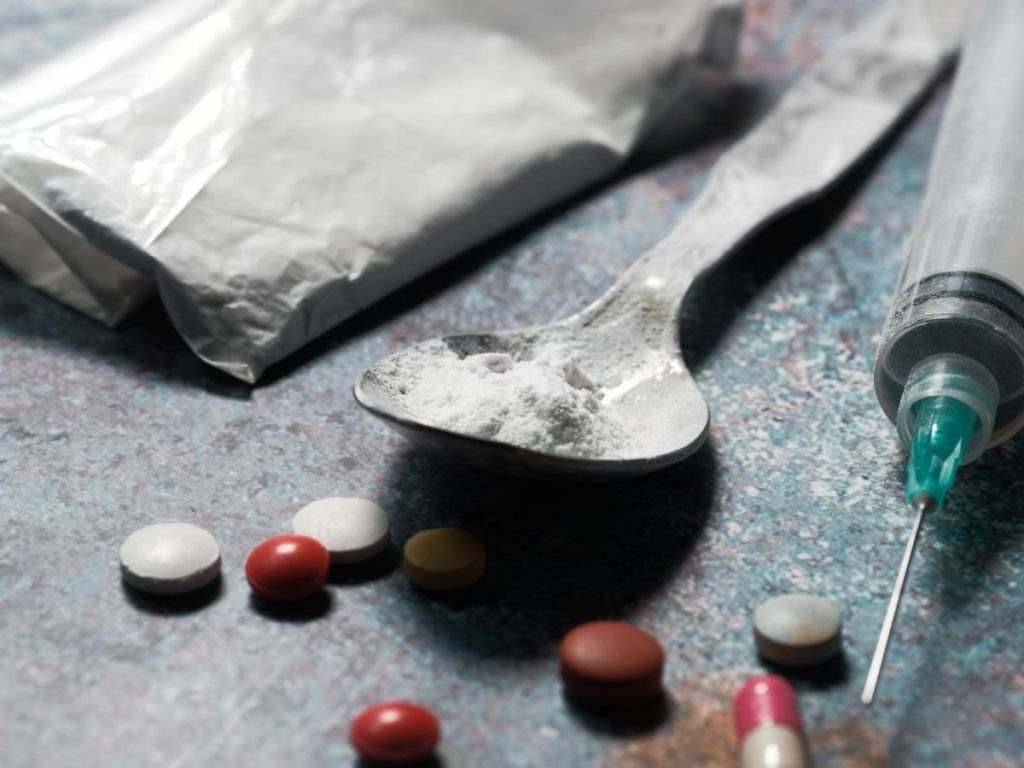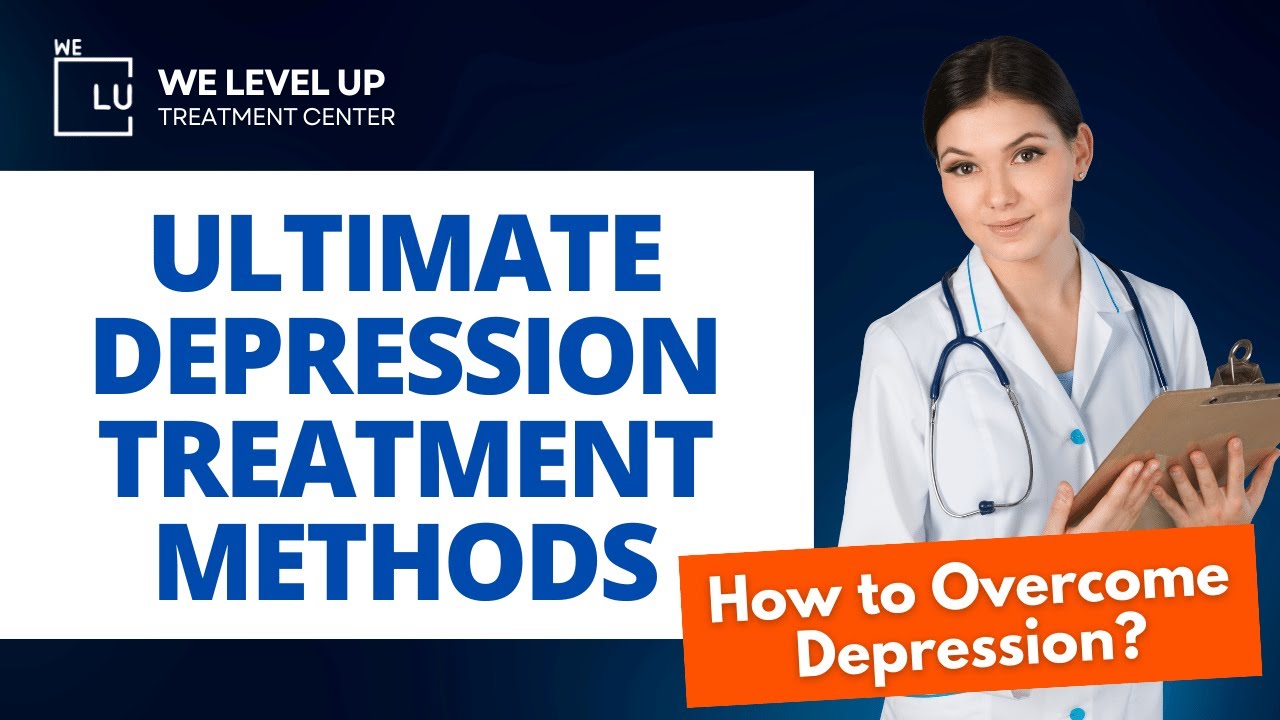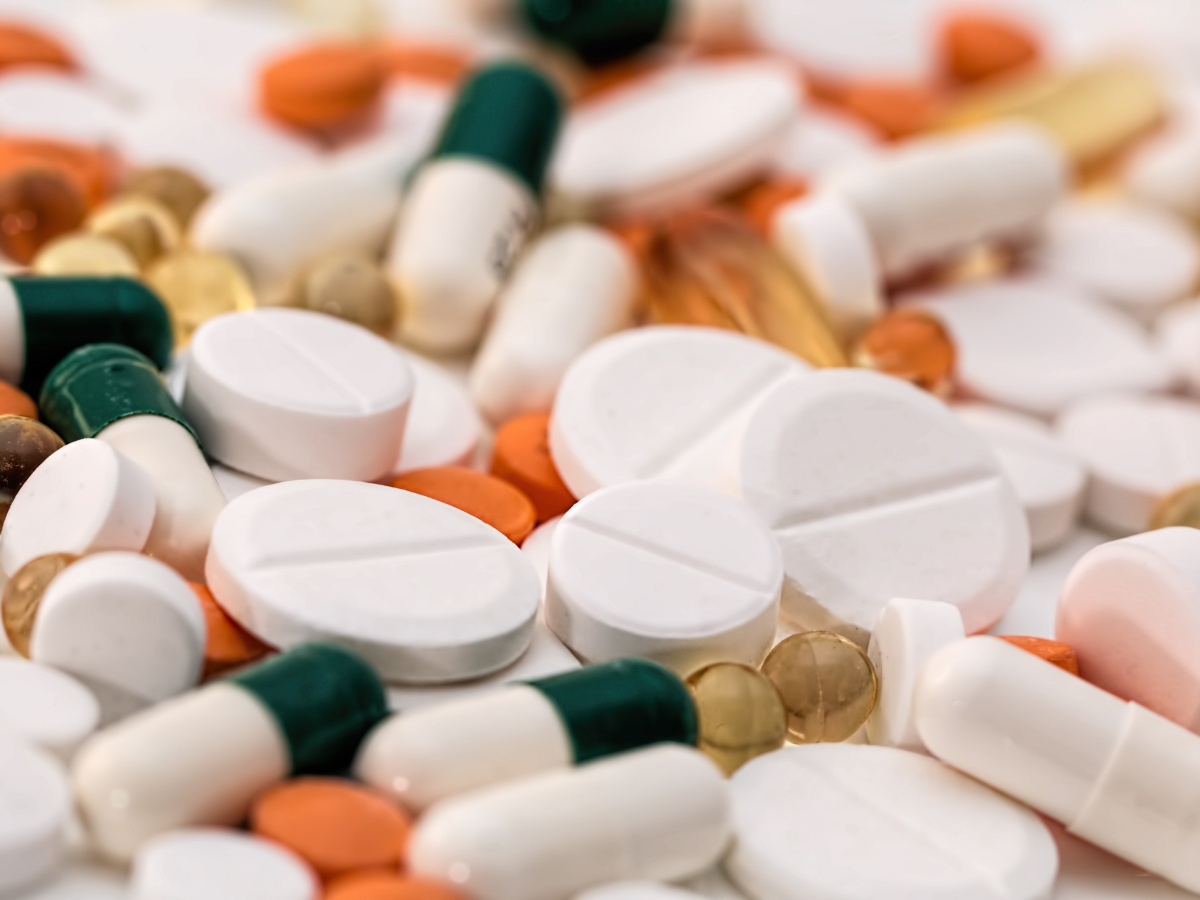Cold Turkey Meaning Overview
The meaning of COLD TURKEY is abrupt complete cessation of the use of an addictive drug. This is a common colloquial term for the abrupt cessation of the use of drugs, particularly opiates, without cushioning the impact by the use of medications (e.g., methadone) that provide some of the same actions as the drug being stopped. The cold turkey meaning refers specifically to the chills and gooseflesh experienced during opioid withdrawal. [1]
Sudden withdrawal from drugs such as alcohol, benzodiazepines, and barbiturates can be extremely dangerous, leading to potentially fatal seizures. For long-term alcoholics, going cold turkey can cause life-threatening delirium tremens, rendering this an inappropriate method for breaking an alcohol addiction.
In the case of opioid withdrawal, going “cold turkey” is extremely unpleasant but less dangerous. Life-threatening issues are unlikely unless one has a pre-existing medical condition.
The very first adaptation of the phrase “cold turkey” to its current meaning is a matter of some debate and ambiguity. The term is also attributed to piloerection or “goosebumps” that occur with abrupt withdrawal from opioids, which resembles the skin of a plucked refrigerated turkey. Some addicts voluntarily stop taking opiates and “suffer it out” as they express it without medical assistance, a process which in their slang is called taking “cold turkey”.

Some people go cold turkey because they think it will be easier to stop taking the substance right away than to taper off. They believe they won’t be as tempted to use the drug or tobacco product if they just get rid of it.
But cold turkey may not be the most effective way to quit — especially for people who are dependent on a substance. Quitting too quickly can lead to uncomfortable withdrawal symptoms and a powerful urge to start using the substance again.
Drug Detox Programs
A comfortable drug detox program is the natural process of ridding a substance from the body. However, a professional drug detox program, also sometimes referred to as “medically managed withdrawal,” entails using a set of interventions (such as medications and other therapies) to manage the side effects that accompany quitting drugs safely. The goal of drug detox is to minimize the potential physical harm that may result from stopping a medication (or drugs) after a sustained period of use.
It’s critical to realize the difference between a professional detox program and substance abuse rehabilitation. However, ”detox” and “rehab” are often used interchangeably; substance abuse rehabilitation involves a conglomeration of ongoing services that aim to socially and psychologically rehabilitate someone suffering from drug abuse. On the other hand, medical detox centers seek to medically stabilize patients, minimize their withdrawal symptoms, prevent the potentially harmful effects of withdrawal, and help them transition into a substance abuse rehabilitation program or another form of continued care.
There are various types of professional detoxification programs to fit a patient’s clinical needs. Many drug detox programs employ the “medical model” of detoxification, which means a clinical staff made up of physicians and nurses use certain medications to help people safely detox.

Detox can take place in a wide variety of settings and at varying levels of intensity. The Substance Abuse and Mental Health Services Administration identifies five detoxification [2] “placement levels of care” within the detoxification realm of treatment, including:
- Ambulatory Detoxification Without Extended On-Site Monitoring: This type of detoxification program occurs on an outpatient basis and is typically only used when patients have a sound social support system outside of treatment.
- Ambulatory Detoxification With Extended On-Site Monitoring: This type of detoxification is similar to the placement level of care above but requires the availability of credentialed nurses who monitor patients for several hours a day.
- Clinically Managed Residential Detoxification: This type of detoxification provides 24/7 supervision and may sometimes be referred to as “social detoxification” because it has minimal medical oversight but focuses on peer and social support.
- Medically Monitored Inpatient Detoxification: This level of care is more restrictive than the Clinically Managed Residential Detoxification placement level of care. Inpatient detoxification consists of 24/7 care and supervision, and support for patients experiencing withdrawal symptoms.
- Medically Managed Intensive Inpatient Detoxification: This level of care is the most restrictive placement level of care in the detoxification program realm. It provides 24/7 care and supervision for patients experiencing withdrawal symptoms in an acute care inpatient setting.
Medical detoxification may be provided at inpatient, residential, or outpatient treatment. It may exist as part of a more extensive substance abuse rehabilitation program or operate independently. Patients with complex medical or psychiatric needs are more likely to require detoxification in an inpatient setting.
What Happens During Drug Detox
Detox alone is rarely sufficient in helping a person achieve long-term recovery. It is only the first stage of addiction treatment. Often, patients decide to enter a substance abuse rehabilitation program once they’re finished with their drug detox program.
A medically assisted detox is going through detoxification with the help of certain medicines that can make the process of withdrawal more tolerable. When medication is administered during detox, your body is relieved of uncomfortable withdrawal symptoms, and you can better focus on therapy. In addition, medication can be provided to help you kick any cravings.
Withdrawal symptoms can be highly uncomfortable, and in some cases, they can be very dangerous. To safely detox from drugs or alcohol, medically assisted detox options and medical supervision are essential.
When the substance is no longer being provided to the body, the brain sends distress signals, and people experience uncomfortable withdrawal symptoms until the substance has entirely left the body. Once the brain re-wires again to not need drugs to work, the withdrawal symptoms subside, and the emotional, psychological work begins. Depending on the length and the severity of the addiction, this process can take anywhere from 3-14 days.
Quitting Cold Turkey
The safety of quitting cold turkey depends on the substance you’re trying to quit. Getting off cigarettes or alcohol may be safe to do on your own. Quitting highly addictive drugs or severe alcohol dependence can cause serious side effects, and in some cases, death. It’s better to be under the care of a doctor or addiction treatment center. [3]
Your brain becomes accustomed to addictive drugs, such as opioids. When you cut off its supply too quickly, you can develop seizures, irregular heart rhythms, and other withdrawal symptoms. Some of these symptoms can be serious or even life-threatening.
Unpleasant withdrawal symptoms can drive you back into using the substance again to make them stop. Going back to using a drug or alcohol after you’ve stopped is called a relapse. After you’ve quit, your tolerance to the substance is lowered. If you do start to take it again, you’ll be more likely to overdose.
Alcohol and cold turkey
If a person has severe alcohol dependency, they should not quit alcohol cold turkey. If they do, there are several health risks, some of which can be life-threatening. [4]
The serious form of alcohol withdrawal is called delirium tremens (DTs). Doctors characterize DTs by the rapid onset of severe confusion. It also leads to changes in how the brain regulates blood circulation and breathing.
If people with severe alcohol dependence abruptly stop consuming alcohol, DTs can occur within 48 hours and may last for up to 5 days.
DTs can become very dangerous, with some studies suggesting it has a mortality rate of 8%. Other research indicates the condition has an anticipated mortality rate of 37% without appropriate treatment.
Symptoms of DTs include:
- Severe confusion
- Nervousness, anger, or both
- Extreme hyperactivity
- Loss of consciousness
- Hallucinations
- Issues sleeping
- Fever
- High blood pressure and rapid heartbeat
- Excessive sweating and dehydration
- Seizures
- Disruptions to cardiovascular function
Drugs and cold turkey
A person can form an addiction to a variety of drugs. These include opioids, such as heroin, and stimulants, including cocaine and methamphetamine. Quitting drugs cold turkey can carry similar dangerous risks with those involved in quitting severe alcohol addiction. This is because of how a person’s nervous system adapts to specific high dependency drugs.
By abruptly stopping certain drugs, people may experience serious and life-threatening medical conditions, including:
- Seizures
- Dehydration
- Heart issues
Drug Addiction Treatment
The first thing to do once you’ve decided to quit is to call your doctor or healthcare provider. A medical professional can give you advice on the safest way to quit.
Your doctor can recommend medications and rehabilitation programs that can help. For example, they can offer prescription drugs to ease the cravings that come with quitting smoking or opioid drugs. Seek help from a professional counselor or therapist. Or, join a 12-step program such as Alcoholics Anonymous (AA) or Narcotics Anonymous (NA).
If you try to quit cold turkey, but the urge to use remains strong, reach out to a medical professional for help. You may need to be under the care of a supervised addiction recovery program.

Call your doctor or go to the emergency room right away if you have these serious symptoms:
- A high fever
- Seizures
- Vomiting that won’t stop
- Chest pain
- Trouble breathing
- Hallucinations
- Severe confusion
- Irregular heartbeat
Going cold turkey is one method to quit, but it doesn’t work for everyone. See your doctor before you try going cold turkey to make sure you have the support and services you need to succeed. Call us today for more information regarding cold turkey meaning.
Drug withdrawal symptoms are often highly uncomfortable and can be difficult to manage without oversight in a medical detox program. Fortunately, a medical detox program can help you more safely and comfortably through drug withdrawal, which is the first step on the road of your recovery journey. Call our 24-hour drug hotline to explore your options for same-day admission rehab at available locations.
Sources:
[1] APA Dictionary of Psychology – Cold Turkey Meaning https://dictionary.apa.org/cold-turkey
[2] We Level Up – Treatment » Drug Detox Program
[3] Cold Turkey Meaning – Is It Safe to Quit Substances Cold Turkey? Here’s What to Consider – https://www.healthline.com/health/opioid-withdrawal/quitting-cold-turkey
[4] The risks and benefits of quitting ‘cold turkey’ – https://www.medicalnewstoday.com/articles/is-it-bad-to-quit-cold-turkey





